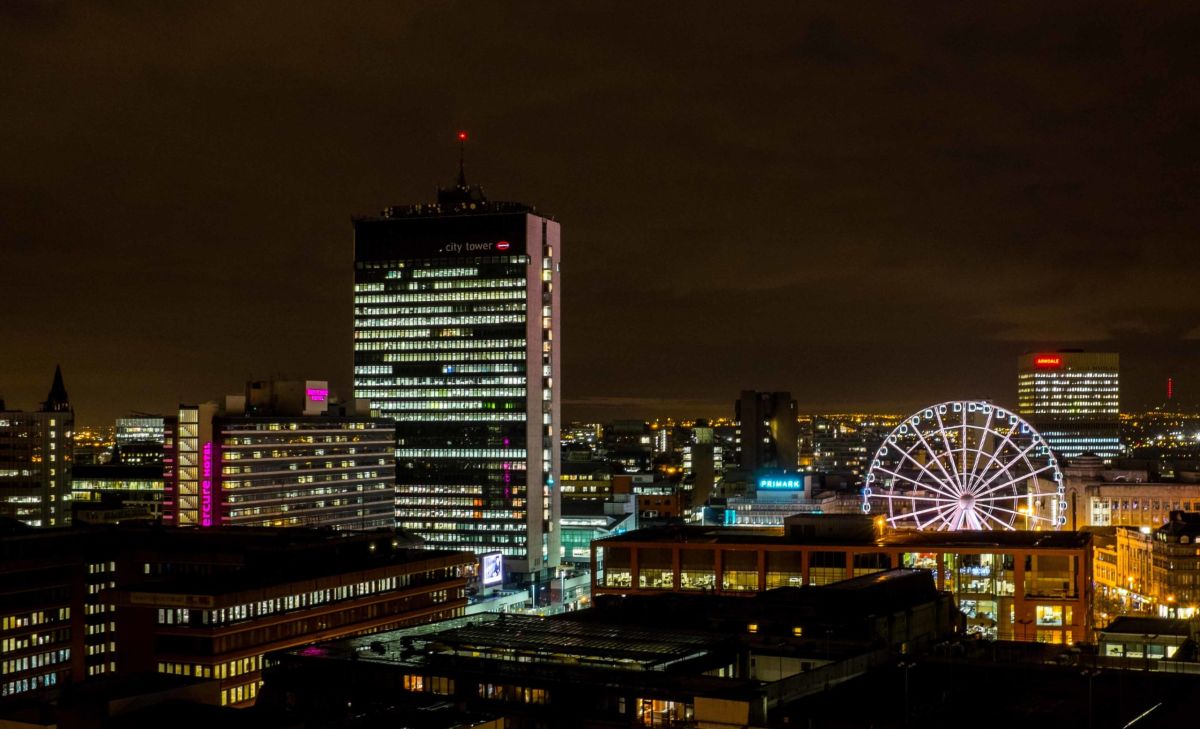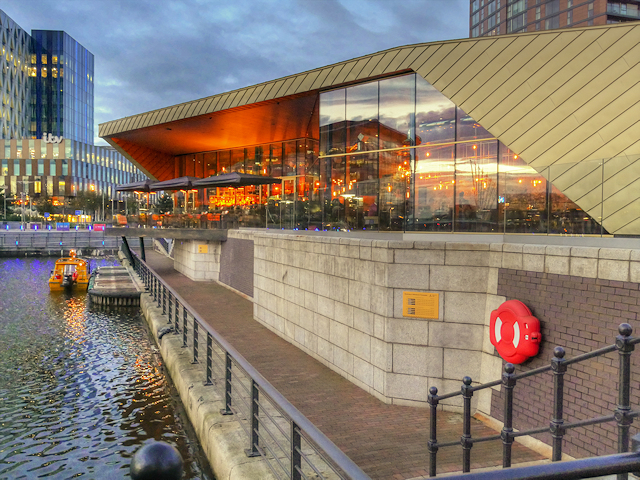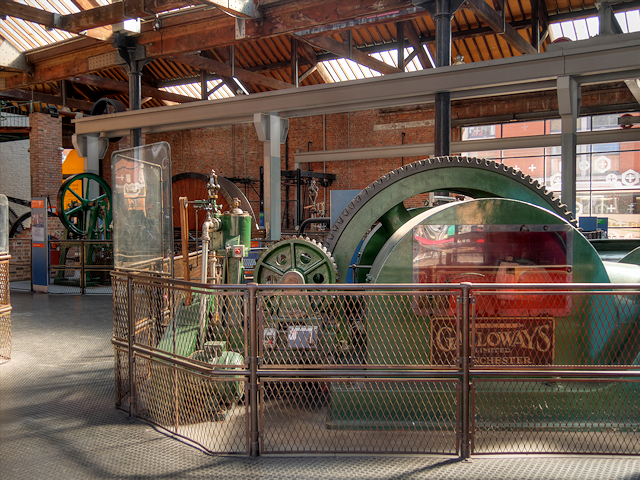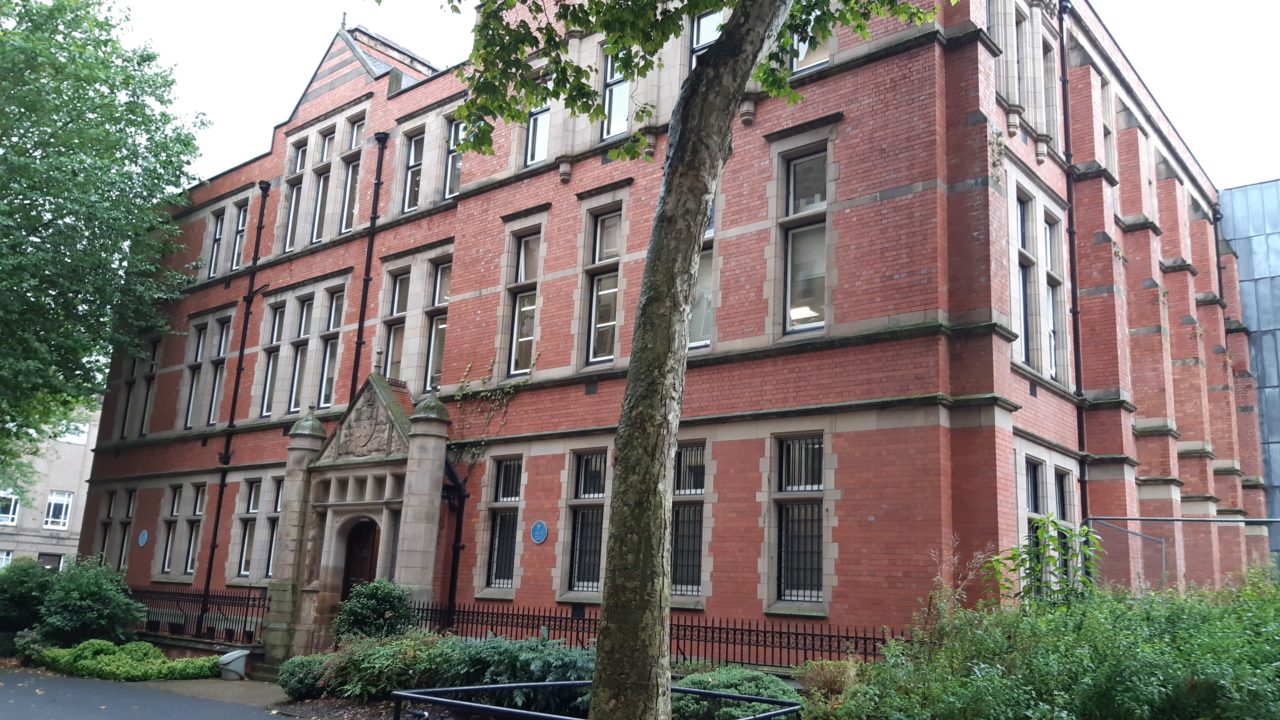Manchester’s top five science spots

As a student who is passionate about science, I know it’s sometimes hard to discover places related to your interests.
To help you out, I’ve put together a list of my top five science-themed places in Manchester. Some will help you learn about science, some are more science-adjacent, but all five provide fun opportunities to explore Manchester and hang out with friends.
1. The Alchemist

Although now a nation-wide chain, The Alchemist was founded in Manchester, and has still has three locations in the city: New York Street, Spinningfields, and Media City (although this may be a little far for most students).
It boasts of bar tenders who are “masters… of molecular mixology”, which combined with its stunning restaurant, should make it a favourite for scientists and non-scientists alike.
2. Escape Rooms
Manchester is home to many escape rooms, which are hugely popular for students who love to work together to solve problems. If you’re searching for one with a specific science bent, you may enjoy ‘Zombie Lab’ in Breakout Manchester on Church Street, or the new Cryptic Escape Rooms in Ashton-under-Lyne.
3. The Science and Industry Museum

Probably my top pick, The Science and Industry Museum provides a safe haven for students who love to discover more about how the world works. Entry is free, and their plethora of activities and special exhibitions means you’ll want to return again and again.
Currently on show is a new exhibition that delves into the history of Factory Records, one of Manchester’s most famous record labels.
4. Science and Industry, Cane and Grain
Hidden behind a door to the left of their ground floor bar lies the stairs to Cane and Grain’s secret cocktail lab, Science and Industry. The bar staff seek a genuine scientific approach to their cocktails, with the original team taking part in workshops with the University of Manchester’s Chemistry Department to learn distillation, filtration and crystallisation techniques.
Although a little pricey, this bar should provide a great night out for special occasions.
5. The Rutherford Building

Although not currently open to the public, the Rutherford Building is a great example of the rich scientific history of Manchester. It was in this building that Bohr and Rutherford first developed their model of the atom in 1915, and was where the atom was first ‘split’ in 1919. Go take a look and get inspired, or visit with a geiger counter, as there’s a rumour that the old nuclear experiments have left their trace.
Manchester’s important role in world history means there’s always more to see. So get outside, go explore and find out more about the fantastic city we get to enjoy.







